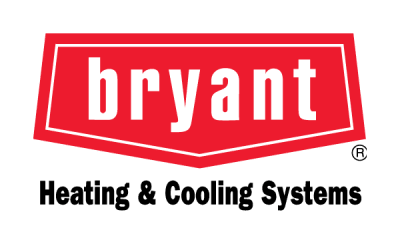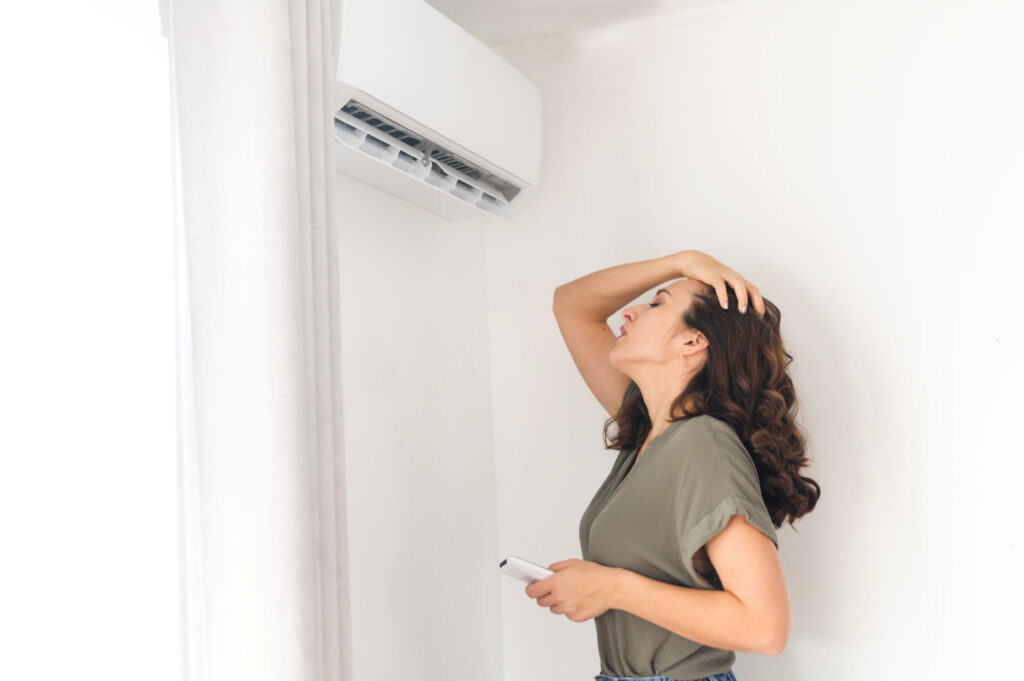In the middle of summer, a non-working AC can shift your day from manageable to miserable pretty fast. For homeowners in Lincoln, peak heat means more demand on cooling systems. If your AC will not turn on when you need it most, frustration sets in quickly, especially when it is hot outside and there’s no cool air inside. The good news is that there are a few straightforward reasons why this might be happening, and many of them can be identified without special tools or deep HVAC knowledge.
This kind of issue typically pops up when you least expect it. Maybe you came home, turned down the thermostat, and waited—only to realize your AC never kicked on. Or it stopped working overnight, and the house just kept getting warmer. Before jumping to conclusions, it helps to go through a checklist of possible causes. Below are steps anyone in Lincoln can take to figure out what might be keeping an AC system from turning on.
Check the Thermostat Settings First
One of the most common causes of an AC that will not start is a problem with the thermostat. It may sound simple, but checking the thermostat is the first and quickest step that can save time and stress.
Start by making sure the thermostat is set to “cool.” It also should be set a few degrees lower than the current room temperature. If the display is blank or flashing, the thermostat might not have power. This is often the result of dead batteries or a tripped breaker affecting its connection.
Here is what to look for:
– Is the thermostat on and displaying the correct temperature?
– Is it set to “cool” mode and not “fan” or “heat”?
– Are the temperature settings lower than the actual room temperature?
– If battery-operated, try swapping in new batteries.
– If hardwired, check if other electrical devices nearby have power, which might point to a power issue in that area.
If everything with the thermostat seems in order, yet the AC still will not start, the issue might be outside the thermostat itself. Moving to the main electrical control next makes sense.
Inspect Breakers and Fuses
When dealing with an air conditioner that will not turn on, do not overlook the electrical panel. A tripped breaker is one of the more frequent reasons systems stop working. It tends to happen after power surges, minor electrical faults, or an overworked unit in the summer heat.
Here are step-by-step tips for checking your system’s power:
1. Go to your home’s circuit breaker panel.
2. Find the breaker labeled for your AC or HVAC system.
3. If the switch is in the middle or OFF position, flip it all the way OFF, then back ON to reset it.
4. Wait a minute or so to listen for any signs the unit starts up (fan noise, vibration, etc.).
In homes with older systems, power issues can also come from blown fuses. These are located in a disconnect box near the outdoor unit. If you are not sure how to spot a blown fuse or what to do next, it is better to have our technicians inspect it directly, since handling electrical parts can be risky without the proper safety steps.
Taking care of any power issues at this step gives the AC system a chance to restart without you doing much else. If nothing happens, airflow or outdoor equipment checks are next.
Examine the Outdoor AC Unit
Once you have checked the thermostat and breakers, the outdoor unit is the next place to look. This equipment is responsible for releasing the heat pulled from inside your home. If it is not working, your indoor system will struggle or stop altogether.
First, make sure the disconnect switch outside near the unit has not been shut off. It is often a small box mounted on the wall next to the unit. The switch should be in the ON position.
Look at the area around the unit. If plants, tall grass, or leaves have gathered around it, clear those out. Airflow is critical for the condenser unit to operate properly. Lack of ventilation can put strain on the whole system and even prevent it from turning on.
Check if the fan blades inside the unit are spinning when the system is running. If they are not moving or you hear a buzzing noise but no airflow, that could be a sign of a failed capacitor or blocked fan motor.
You can also listen for the compressor. A quiet hum from the unit usually means it is trying to run but cannot. That may indicate the motor is struggling, there is low refrigerant, or there is an internal issue. If the unit looks damaged or smells burnt, shut it down and let a technician take over. Safety is always the priority when working with electrical and mechanical components.
Fix Blocked or Dirty Airflow
If the power sources and outdoor unit are working normally, the issue might involve airflow. Poor airflow can trigger the AC system to shut off automatically to protect itself from overheating or damage. This happens most often due to dirty filters or damaged ducts.
Here is what to check:
– Remove the return air filter and see if it is dirty or gray. Replace it with a clean one if needed. Filters should be changed every 1 to 3 months.
– Inspect air vents and ensure each one is open and unobstructed. Items like furniture or curtains might be blocking airflow.
– If possible, access your attic or crawlspace to look at ductwork. Damaged, loose, or crushed ducts can interfere with airflow.
– Pay attention to rooms that seem warmer than the rest. This can indicate blockages or leaks in the ductwork.
Consistent airflow is necessary for the AC system to function correctly. If the system cannot “breathe” properly, it may shut off or run poorly.
When It’s Time to Call In Professional AC Service in Lincoln
At some point, at-home troubleshooting reaches its limit. If none of the steps above resolve the issue—or if the AC works briefly then shuts off again—it is time to call in a professional to inspect and diagnose the system.
Here are warning signs that mean it’s time to call:
– Strange noises (rattling, grinding, or hissing) during operation
– A burnt smell or signs of melted parts near the unit
– Breakers continue to trip even after resets
– Outdoor or indoor components work while the other does not
– Your AC keeps turning on and off in short bursts (short cycling)
These symptoms typically point to underlying mechanical or electrical issues. These might involve motor failures, relay problems, compressor faults, or refrigerant loss. Our technicians have the right tools and training to safely handle these situations and restore your system.
A functioning AC system is essential for Lincoln homeowners during summer. While many problems can be prevented with regular checks, issues that go beyond basic troubleshooting should be handled properly to avoid long-term damage. Reliable AC service in Lincoln helps keep your home cool, system efficient, and summer stress-free.
If you are still experiencing issues with your cooling system in Lincoln, our professionals at BAEHR Heating & Air are ready to help identify and resolve the problem. Learn more about AC service in Lincolnto ensure your system performs at its best. For a quick estimate or to book a service visit, please contact us today.


